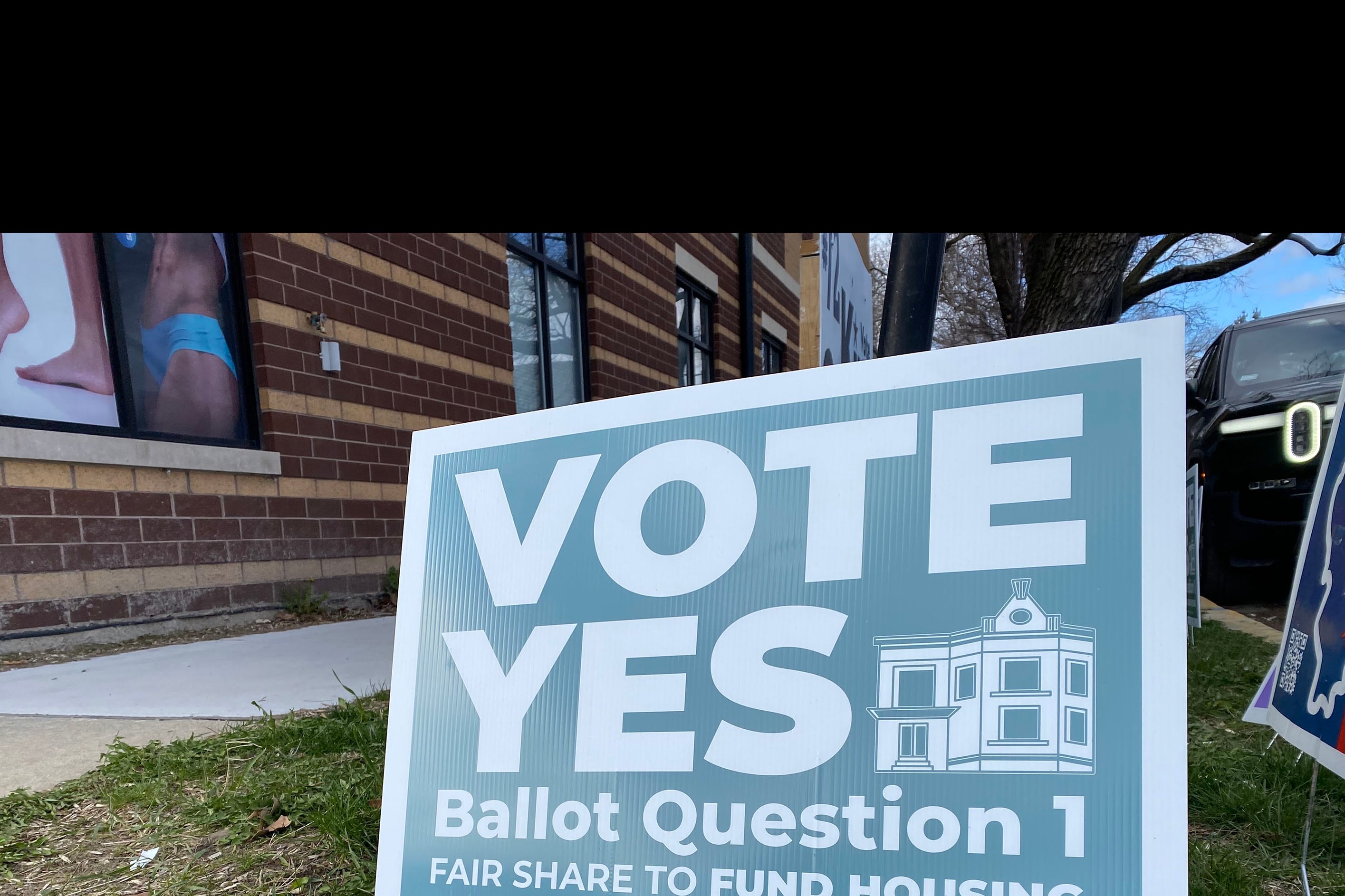Sign up for Chalkbeat Chicago’s free daily newsletter to keep up with the latest education news.
A city ballot measure aimed at reducing homelessness and increasing affordable housing failed Tuesday, a setback for efforts to serve the growing number of Chicago Public Schools students facing housing instability.
The “Bring Chicago Home” initiative was voted down 54 percent to 46 percent, according to unofficial results released Thursday.
The measure backed by Mayor Brandon Johnson, a former school teacher and union organizer, would have raised a one-time tax on real estate transfers for purchases over $1 million.
Chalkbeat reported last week that 21,855 students currently enrolled at CPS were considered Students in Temporary Living Situations, or STLS. That’s up from 14,317 such students last February. The district’s homeless student population has been around 5% for the past decade, which is twice the national average.
While the vast majority of those students are classified as “doubled up,” living with another family temporarily, the number of students living in shelters or out of a car, park, or other public place more than tripled in the last year — from about 2,000 last February to nearly 8,000 this February.
Backers of the ballot initiative estimated the increase could have generated roughly $100 million annually for the city to fight homelessness.
Chicago Public Schools would not have directly received any of the increased revenue, but advocates and the mayor said the money could fund homelessness prevention, affordable housing, and other city-run housing assistance programs that would benefit students and their families.
Supporters of the initiative called the results disappointing and vowed to “keep fighting for housing justice.” Opponents said they also want to make Chicago a better place to live and support solutions that boost the “supply of naturally occurring affordable housing.”
Becky Vevea is the bureau chief for Chalkbeat Chicago. Contact Becky at bvevea@chalkbeat.org.







